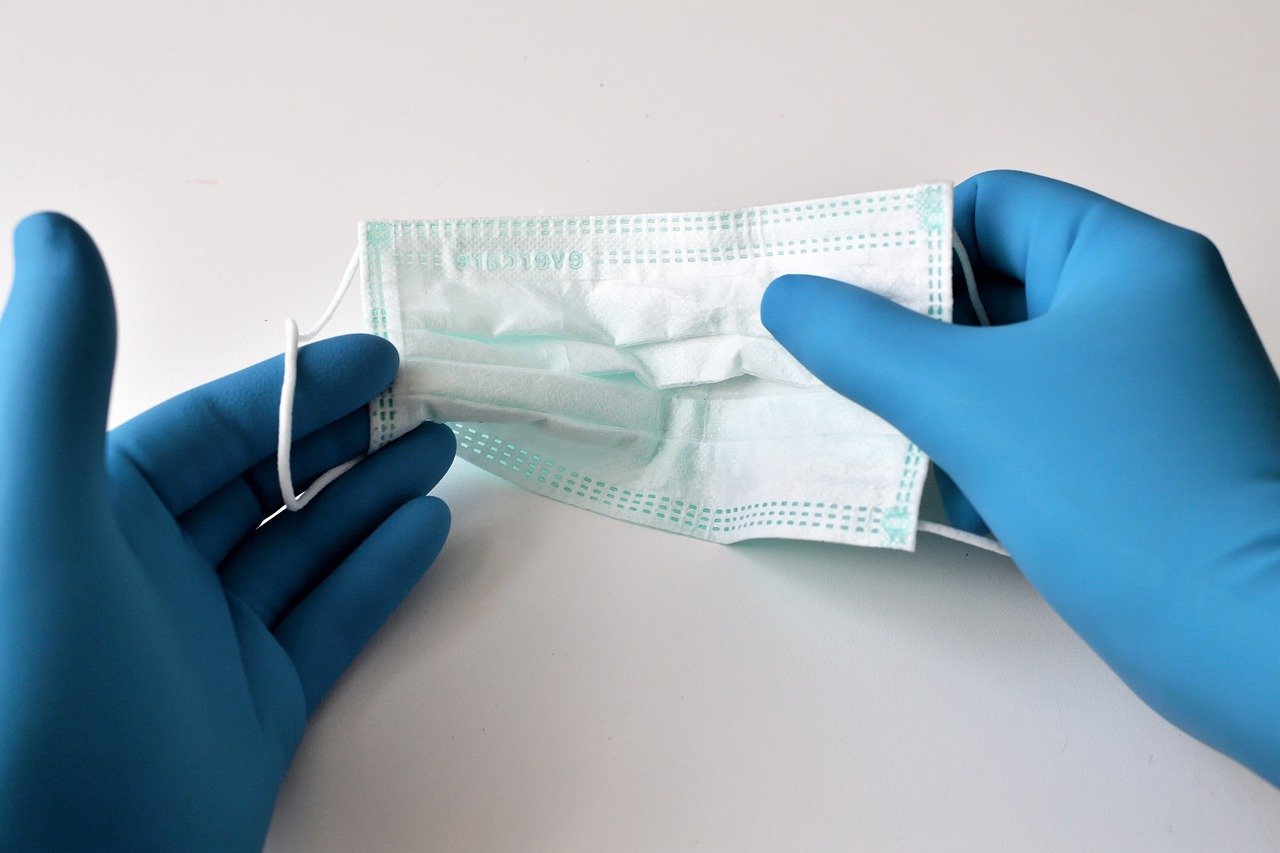COVID-19 Measures A Good Defence Against Monkeypox – Health Ministry

The Ministry of Health & Wellness is advising that there are no cases of monkeypox reported in the country at this time, however, the public is being advised that the present COVID-19 measures of practising physical distancing, mask wearing and frequent hand sanitisation will also reduce the likelihood of transmission of the monkeypox virus.
Monkeypox is a rare disease that is similar to smallpox and can be transmitted by contact and droplet exposure. However, the World Health Organisation (WHO) has reported that the current outbreak is spreading primarily through sexual contact.
Over the last two weeks, monkeypox outbreaks have been reported in Europe, North America and Australia. Most cases are linked to persons with recent travel to countries where monkeypox is endemic, mainly in the region of West Africa.
According to Chief Medical Officer, Dr. Jacquiline Bisasor McKenzie, “Persons must report to the health department if fever and rash occurs following recent international travel or close contact with persons who travelled within the preceding three weeks. Healthcare workers are to have a heightened sense of awareness of this illness and report suspected cases to the health department.”
In countries where monkeypox is endemic:
- Human to human transmission of monkeypox occurs by contact and droplet exposure via exhaled large droplets.
- The incubation period of monkeypox is usually from 6 to 13 days but can range from 5 to 21 days.
- Symptoms can be mild or severe, and associated with skin rash that can be very itchy or painful. Severe disease may be fatal.
- The disease is often self-limiting with symptoms usually resolving spontaneously within 14 to 21 days.
- Symptoms include fever, chills, intense headaches, exhaustion, backache, muscle ache, swollen lymph nodes, and rash.
- Children are at higher risk, and monkeypox during pregnancy may lead to complications, congenital monkeypox or stillbirth
- The virus is normally found in animals but the disease may be transmitted from animals to humans, usually through bites or scratches or consumption of bush meat.
- Milder cases of monkeypox may go undetected and represent a risk of person-to-person transmission. There is likely to be little immunity to the infection in those travelling.
Download The Jamaican Blogs™ App for your Android device: HERE
Remember to share this article on Facebook and other Social Media Platforms. To submit your own articles or to advertise with us please send us an EMAIL at: [email protected]

